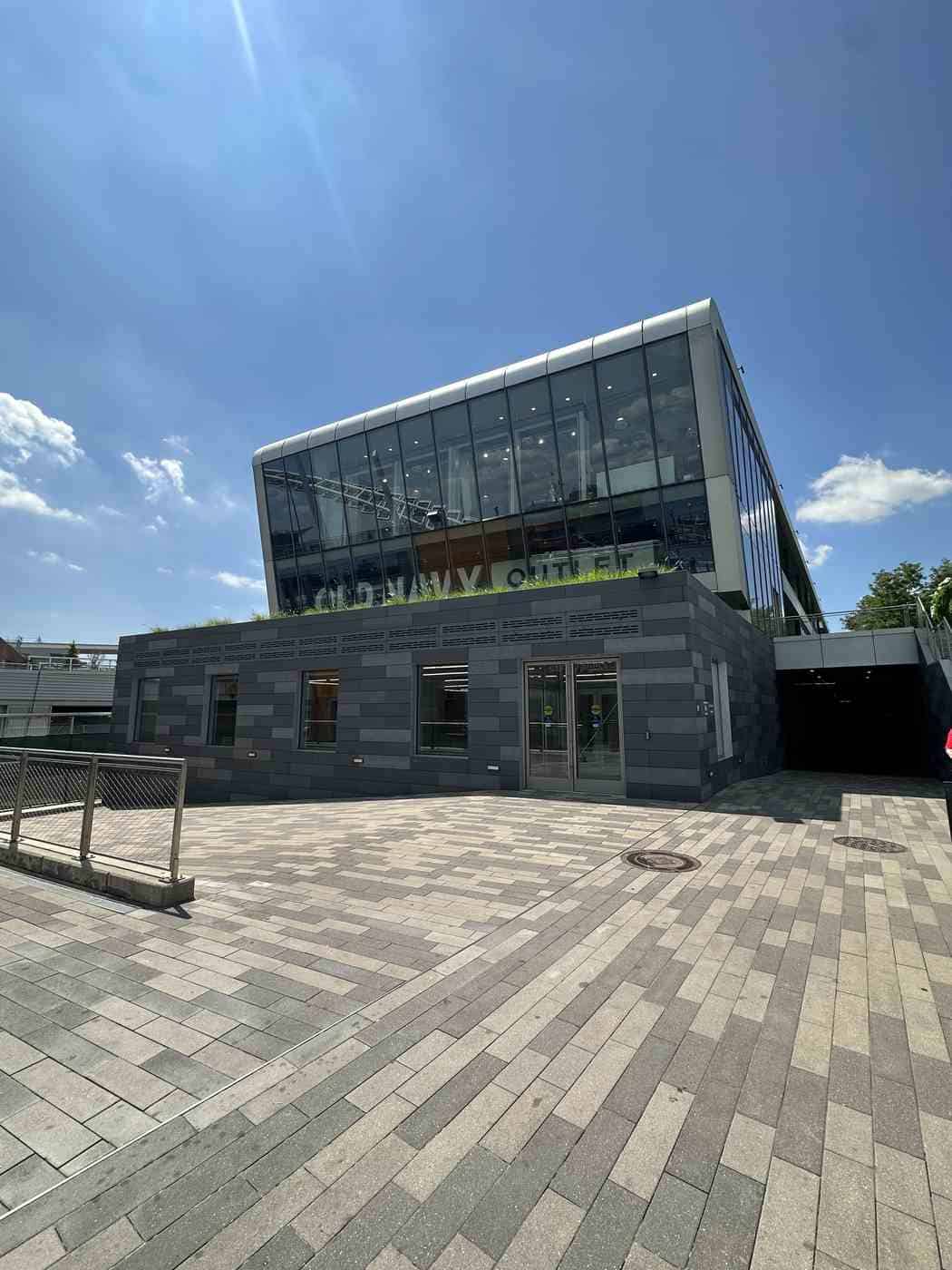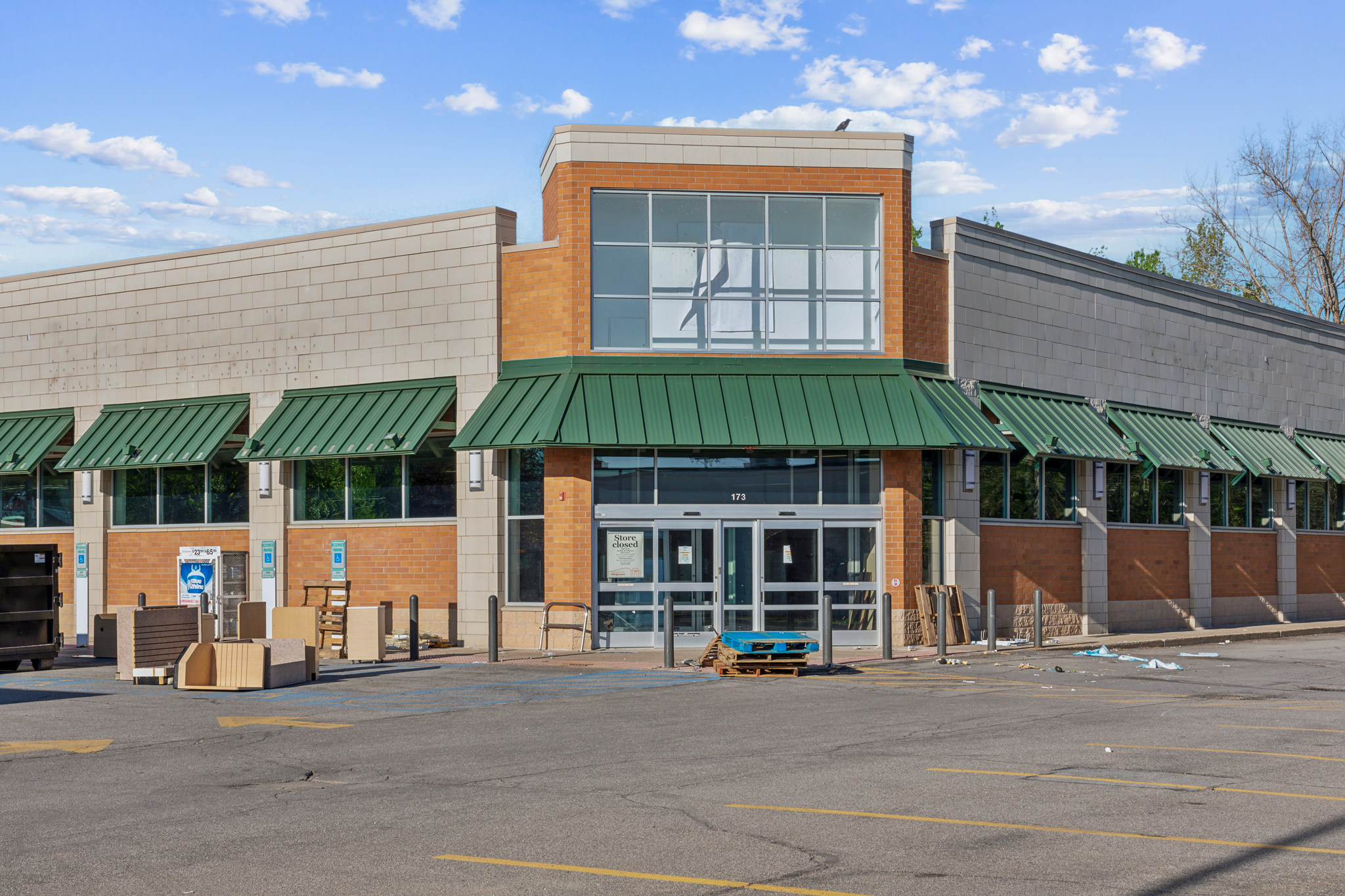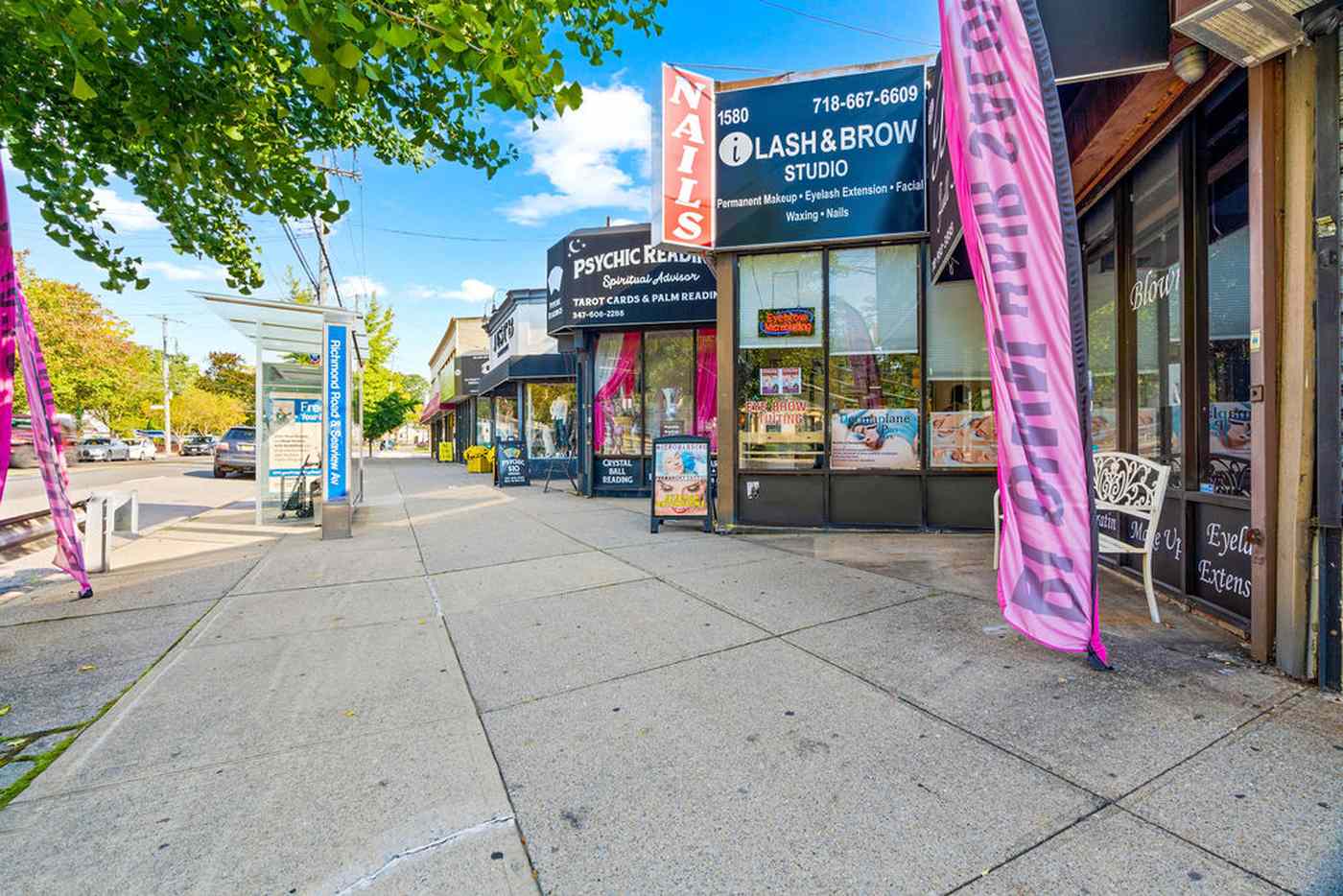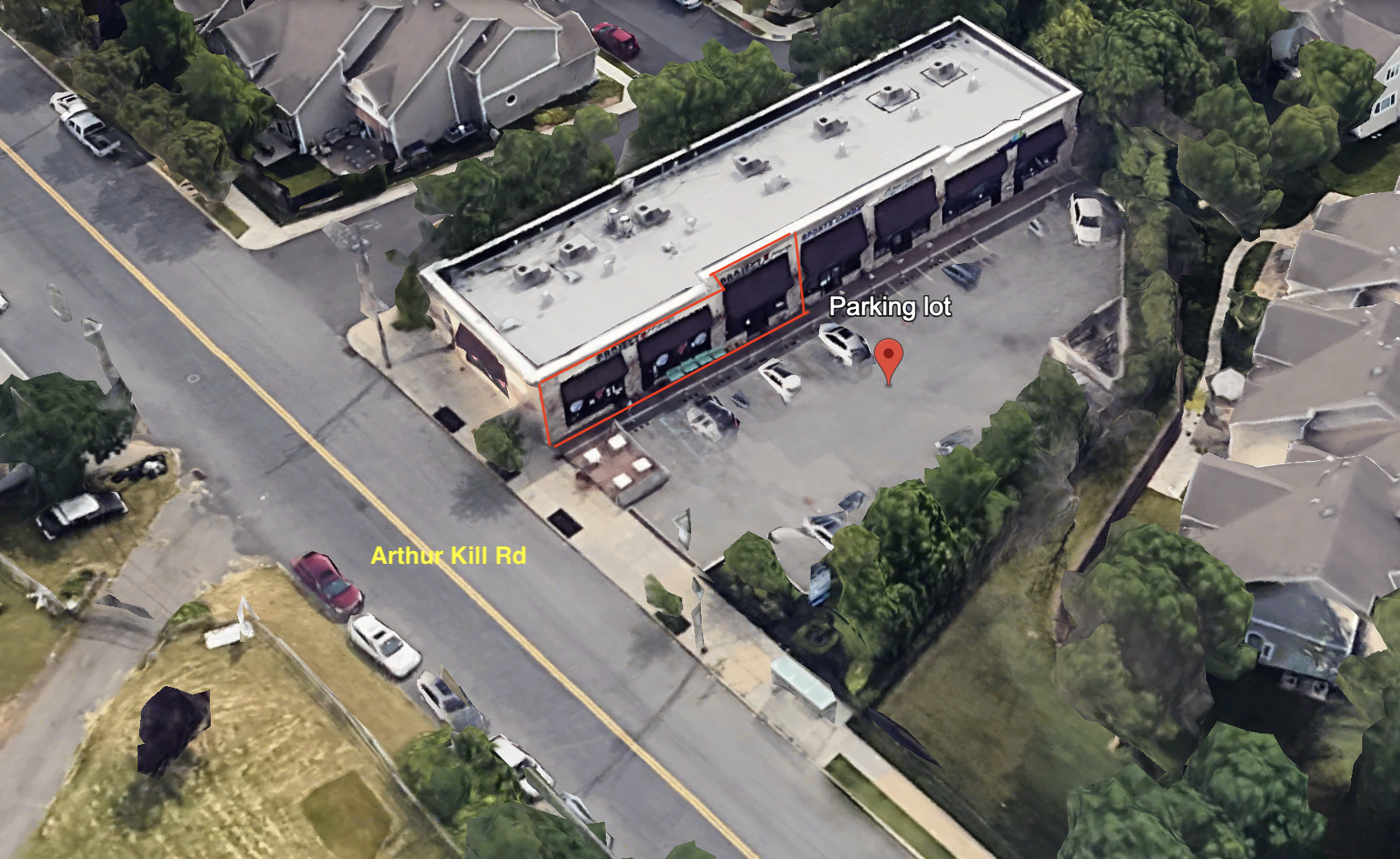1. Proximity to Work
Americans spend an average of 200 hours per year commuting. If you work in a large city like Boston, New York, or Washington DC, it may take you 30 minutes or more to get to the office every day.
When you decide to buy a house, one of the most important factors will be how long it will take you to get to work. You will want to look at traffic patterns and public transportation options.
These commutes don’t always come cheap, either. You may have to fork over hefty fees for monthly bus, train, or ferry tickets. If you drive, you may have to deal with parking and high gas prices.
If you work in a field that requires late nights and weekend work like finance or law, consider how to get home on the off-hours.
How you feel about commuting and where you want to reside will play a part in your choice. You may have to weigh the benefits of being in a secluded, rural area with a 2-hour drive to work every day.
2. School Systems
If you’re a parent, the educational options near your new home are a primary concern when you choose a place to live.
Depending on the ages, interests, and personalities of your kids, not every community will have what you may want. Research the graduation results for public schools in the neighborhoods where you’re looking and see how much they offer in after-school activities like sports or the arts.
If religious education is important to you, look for towns that offer parochial schools.
If you have the means, look at private schools in the area, and consider how your child will get to school every day if the schools don’t provide transportation.
3. Community
Where do you feel at home? For some, it’s a busy metropolis. Others enjoy the small-town vibe, where everybody knows your name.
When you’re trying to decide where to live, think about the kind of community you enjoy. Do you like to be around artists? Are you a beachy type? Do you like the feeling of a college town?
If possible, you should spend time in the communities you’re considering. It takes time to get to know a place. It also helps to know people who live there, who can tell you about customs and attitudes that may not be readily apparent.
Check out the local newspaper as well. That’s a great way to see a community’s concerns and priorities. Look at the letters to the editor to see what kinds of issues people really care about!
4. Income Potential
Choosing a place to live isn’t only a choice about where you will spend the foreseeable future. It’s also an investment.
Obviously, you’ll have to consider the eventual resale value (see below). But you may also consider ways to leverage your current residence for income too.
For example, in this neighborhood, which is close to many colleges, you may have the option of renting out your home to faculty or students.
With Airbnb, you can even rent out a room in your house to short term travelers (check each municipality’s rules on this).
Some houses have a mother-in-law suite, which could be rented out for extra income as well.
If you live in a resort area like Cape Cod or Long Island, you can earn a hefty portion of your yearly mortgage by renting your house out for the summer!
5. Resale Value
Considering the resale value of your potential new home requires looking at the neighborhood’s overall economic conditions. You want a house that will increase in value over time.
House prices may fluctuate depending on the local, statewide, and national economy. Some neighborhoods will always command high prices, like certain suburbs or coastal areas. Others may be more susceptible to fluctuations.
Some buyers are reluctant to purchase homes too near the ocean, for fear of rising tides and global warming.
You should consider the political, geological, and employment conditions of the area you’re exploring and its long term prospects.
6. Diversity
Communities across the U.S. vary widely in their diversity. If it’s important for you to raise your kids in a town with people of different races, religions, and socioeconomic statuses, keep that in mind while looking at properties.
7. Climate
Why do so many people move to Florida and California? The weather! Some just cannot bear another winter shoveling snow.
Others love the change of seasons, with colorful leaves in the autumn, flowering crocuses in the spring, and the potential for a white Christmas.
Weather also affects architecture and budgets. If you’re living in a tropical locale, you may need a plan for getting out of there during hurricane season.
Living in the mountains requires a good car, good insulation, and a big gas allowance.
8. Culture
What do you like to do on your time off? Outdoorsy types may want to live in a place like Colorado where they can ski and hike almost every month of the year.
Fans of sports, opera, and theater may prefer to live closer to major cities, so they can enjoy their passions without traveling too far.
When you’re looking for a house, think about what you and your family like to do outside the home, so you won’t have to go too far to have fun.
9. Budget
Sadly, not everyone can afford Fifth Avenue in New York or Beverly Hills in California. You need to set a budget for your housing hunting and try to stay within it if you want to be really happy there.
Luckily, you’re likely to find a range of options at all price points in many areas of the country.
10. Family
Many people like to live close to their loved ones. If you have kids, it helps to have Grandpa and Grandma nearby to babysit once in a while.
It’s lovely to have friends and family close to celebrate the good times and to help each other through the rough patches.
How to Decide Where to Live: So Much to Consider!
If you’re wondering how to decide where to live, take a minute to determine what’s most important to you. Is it being close to your siblings, or investing in a house that will gain value in a short amount of time?
Once you determine your priorities, you’ll be able to focus on places that will help you fulfill all of your dreams.
For more tips on finding your ideal property, keep checking back with us.







Leave a Comment